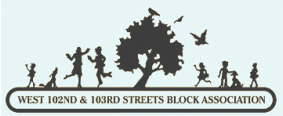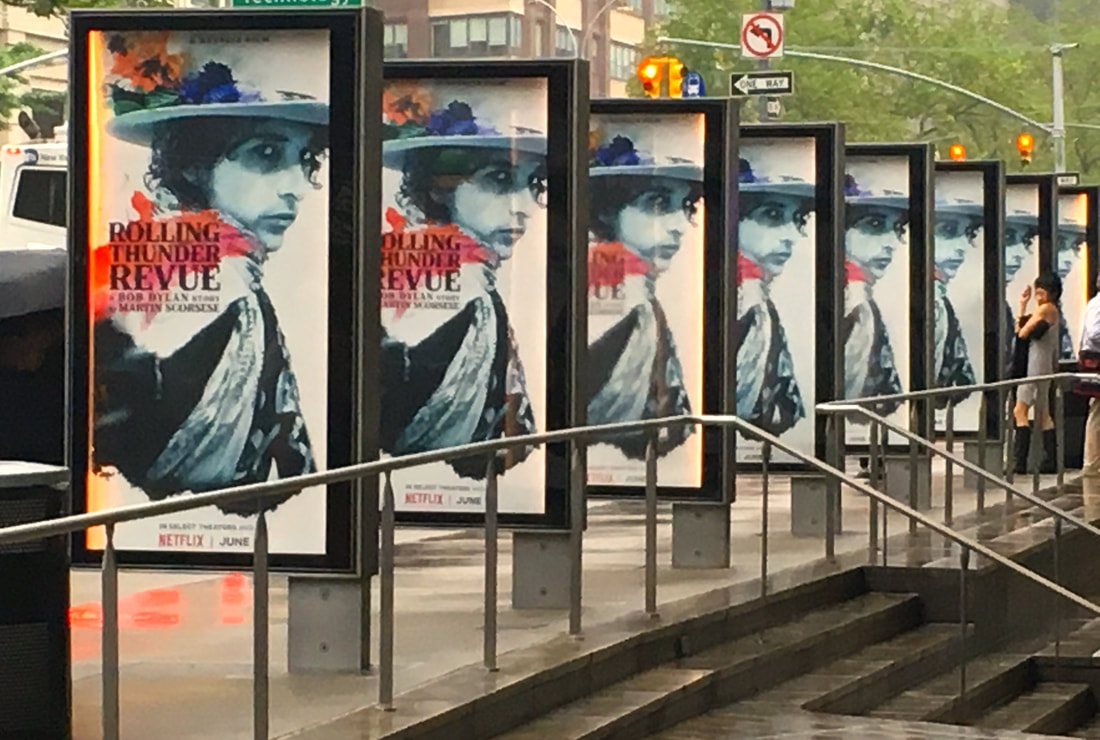Remembering 1976 Triggered by Rolling Thunder
Well, folks, it's July 4. Version 2.019. Today has me thinking about Independence Days Gone By. An America that preceded this America. One of nostalgic childhood memories of fireflies in the backyard and 'Our Bicentennial' fireworks on the great DC Mall -- and the colossal city-wide traffic jam that ensued. Three quarters of a million folks showed up for the fireworks and the Boston Pops under Fiedler's baton (lagniappe embedded below -- click on the post title to see the video and see if it doesn't stir you when the audience rises one by one to their feet to the rousing trills and flourishes of piccolos and flutes). Here, there was the incredible spectacle of the tall ships in New York Harbor dubbed by Abe Beame "the most magnificent and glorious display of maritime splendor of th[e] century." Barkers dressed as colonial town criers and and hawkers on stilts with outsized Uncle Sam top hats milled around the foot of the Trade Center towers promoting the birthday events. Americans were spurred on to engage with this national event. Two hundred years young with Vietnam and Tricky Dick in our rearview mirror, we were scarred, socially shaken, but looking ahead; the country was dusting itself off and ready for the party, proud of the democracy that we were rebuilding in a new image of cleaner politicians, of inclusion, and of opportunity. Standing in front of Independence Hall that fourth, President Ford (in an address that I urge you to watch for how is resonates two score later--also embedded below) heralded "the two great documents that continue to supply the moral and intellectual power for the American adventure in self government."
Ford made the most of the birthday celebrations in '76, a hotly contested campaign year. A bizarre if not utterly opportunistic example early on in the year of how his administration maximized the occasion was how he handled the appearance of one sole case of swine flu at Fort Dix in New Jersey. For health authorities at the CDC, the case set off a group-think panic that the 1918 flu was back. At the time, Dick Cheney and Don Rumsfeld were padding around the west wing as Ford's trusty advisors. With Ronnie Reagan nipping at Ford's heels in the GOP primaries coupled with a young, idealistic peanut farmer on the rise on the left, the White House signed on to the notion that a vaccination campaign was immediately in order to combat the specter of flu that could fell Americans left, right and center. Heaven forfend on our birthday Americans dropping like flies. From a draft memo I once dug up in the Atlanta branch of our national archives, the Ford Administration's health officials argued in favor of a rapid intervention: "undertaking the [Swine Flu vaccination] program in this manner provides a practical, contemporary example of government, industry, and private citizens cooperating to serve a common cause, an ideal way to celebrate the nation’s 200th birthday." (Emphasis mine).
Just think about that especially in light of the measles recently! Vaccinating citizens to celebrate the bicentennial. Hard to make this up!
But the strategy behind the strategy was one -- likely concocted by Cheney -- akin to a Rose Garden offensive: keep Ford's name in the newspapers all year long with this great vaccination campaign and the birthday appearances, and he'd sail through as a strong, protective, patriotic leader of our nation, and twinkletoe his way in to a November '76 victory (not his normal mode of bipedality!). For the flu campaign, he even coaxed arch enemies and heroes Jonas Salk and Albert Sabin, of polio vaccine fame, to a détente and enlisted their help in advocating for the flu shot program and branding it for the nation. (That's a whole long story in and of itself). Out of nowhere, cases of so-called Legionnaire's disease showed up in Philly in July 1976 -- the place and date chosen by the American Legion to coincide with the 200th anniversary of the signing of the Declaration of Independence. Cases of the illness that struck convention goers were immediately mistaken for Swine flu as the symptoms are similar, and with this scare, health authorities were eventually able to connive and jackhammer away the legal roadblocks to Ford's national flu vaccination campaign.
Of course this whole strategy failed spectacularly for reasons I will write about another time, the primary one being there was in fact no pandemic at all. The fiasco came to be known as "The Swine Flu Affair."
Ford lost. Carter won. Reagan was but four years stalled.
All this -- and so much more -- came galloping back to me with the fabulous archival footage in Martin Scorsese's new Netflix film "Rolling Thunder Revue: A Bob Dylan Story" -- a mixed-up, crazy quilted, unreliably-narrated, utter joy of a romp back to 1975 and 1976.
If you do yourself and loved ones a single good deed to celebrate our nation's birthday this week, fire up Netflix and watch this gorgeous, lush "documentary."
You see, Bob Dylan, too, had a vision for our nation's 200th. He, too, had been watching our leaders with cold eyes during Vietnam and Watergate. He, too, had yearned to see a better nation reboot. And reappearing after a multi-year, self-imposed fame detox, he'd conjured a traveling road show with his friends. An ideal way to celebrate our nation's 200th birthday!
This post was triggered by the visual seen on Broadway above. It is a shot in front of Lincoln Center earlier this month when the Scorsese film premiered. The Rolling Thunder Revue tour, mysteriously mythic for fans, was equally mythic for those musicians and artists who rode shotgun with the bard for its first leg up and down the northeast corridor, dipping into Canada. The Rolling Thunder caravan first put down stakes in Plymouth Rock for goodness's sakes. From there, a quick stop in Lowell, Massachusetts, paid homage to Jack Kerouac, natch. By day, Dylan and Allen Ginsberg made a pilgrimage to the grave to sit and wonder a while. By night, the roving gypsies became a possessed musical ensemble, jamming for four hours a show.
Vignettes -- some true, some conjured -- abound in the Scorsese film. Sam Shepard lured in Joni Mitchell who then wrote "Coyote" in reply. Virtuoso and tour-sound-defining violinist Scarlet Rivera had a sword fetish, or did she? Joan Baez donned a fedora and painted her face white in a commedia dell'arte tradition and was mistaken for Dylan by the roadies. The tremendous talent, Roger McGuinn of Byrds fame, took the stage with Bob in the most intense and eye-talking duet you'll ever see. And that first leg of the tour all culminated just on the eve of the bicentennial year at Madison Square Garden for the epic "Hurricane" concert with Muhammad Ali present to bless the cause of justice for the 'Hurricane'. Through their eponymous song, Jacques Levy and Bob Dylan brought the plight of falsely-accused boxing champ Rubin "Hurricane" Carter to the attention of the country. The song itself is a film -- an economically-written poem set to music whose narrative flickers through your mind with all the real-life characters and racists in full flesh.
I know that fireworks and picnics and bbqs and even the occasional military parade are the more traditional nods to national holidays. But by the time you've read this, it will already be the 5th. So treat yourself to streaming this film, and walk back in time with me to our bicentennial to think about all that has come since.
The best possible way to end this is in the words spoken by Allen Ginsberg at the end of the film musing on the raucous, joyful road trip and its ragtag ensemble:
"Take from us some example. Try to get yourself together, clean up your act, find your community. Pick up on some kind of redemption of your own consciousness, become more mindful of your own friends, your own work, your own proper meditation, your own proper art, your own beauty. Go out and make it for your own eternity."
In four sentences, Ginsberg redeemed himself forever for me. And how timeless these words are.
Readers, this is your community at a time we truly need one. The Block Association is a perfect example of what the Beat poet spoke. I know this was a long, winding way to get here. And don't misunderstand: it's still a great idea to get your vaccinations. But these were the thoughts jangling in my mind on the morning of July the fourth in the year two thousand and nineteen.
Happy 243rd to U.S. all. And here's to a more perfect 'union' built together.


 RSS Feed
RSS Feed
